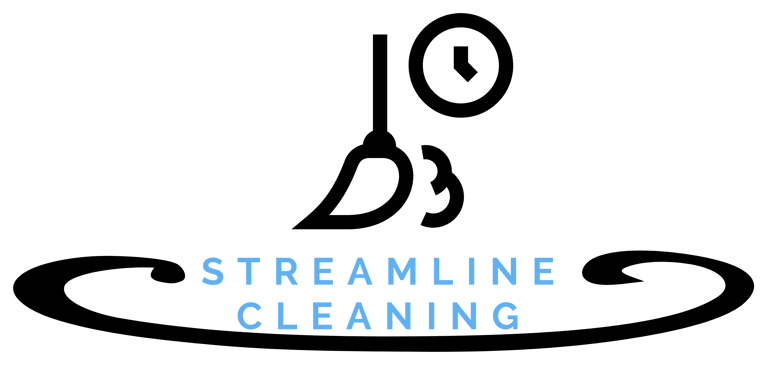How I Built a 7-Step System That Lets Me Scale My Cleaning Business Without Being Trapped in Daily Operations
Tyree Allen
7/14/20253 min read


When I started Streamline Cleaning, I made the classic mistake: I thought being hands-on with every contractor meant being a better business owner. I was wrong.
Six months in, I was working 60-hour weeks, personally training every new hire, and still getting calls about missing supplies at 9 PM. I had built myself the world's most stressful job.
That's when I realized something crucial: the goal isn't to manage contractors—it's to build systems that manage themselves.
The Problem with Most Contractor Onboarding
Most cleaning business owners treat contractor onboarding like a casual handshake and a quick site tour. They wing it every time, wondering why quality stays inconsistent and why they can't step away from daily operations.
The real issue? They're confusing being busy with being productive.
Every time you personally walk a new contractor through a job, you're not scaling you're creating dependency. Every time you handle payment processing manually, you're not being thorough you're being inefficient.
Why 1099 Contractors Are Your Scaling Secret Weapon
Here's what I learned: properly classified 1099 contractors aren't just cost-effective they're your path to operational freedom. But only if you set them up correctly from day one.
The key is creating clear boundaries that protect your business legally while establishing systems that maintain quality without your constant oversight.
The 7-Step System That Changed Everything
1. Legal Foundation First
Before anyone touches a mop, I collect W-9s, verify background clearance, and store everything in organized digital folders. This isn't just compliance it's protecting your business from classification penalties that can devastate small operations.
2. Professional Standards, Not Micromanagement
I send a clear welcome message outlining dress codes, equipment requirements, and communication expectations. The goal isn't control it's clarity. Professional contractors appreciate structure; casual labor typically doesn't.
3. Technology Integration That Actually Works
Every contractor gets set up in Jobber with appropriate permissions. I run a quick test assignment to verify they can navigate the system. This eliminates the "I didn't see the message" excuses and keeps communication centralized.
4. Communication Protocols That Scale
WhatsApp groups for team coordination, Jobber for job-specific details. Clear response time expectations. No more personal phone calls about routine questions.
5. First Job Walkthrough (The Only One You'll Do)
One comprehensive site tour covering security, supplies, waste management, and lock-up procedures. I provide detailed checklists not because I want to micromanage, but because consistent processes protect both of us.
6. Quality Control Without Babysitting
End-of-shift reports through Jobber with photo documentation. Immediate feedback systems. Quality inspections based on contractor reliability and client importance not arbitrary schedules.
7. Payment Processing That Doesn't Consume Your Time
Same-day payments via CashApp for smaller amounts, transition to Gusto for established contractors. Digital receipts through Wave. Everything categorized for tax tracking.
The Results Were Immediate
Within 90 days of implementing this system:
My personal job site visits dropped by 80%
Contractor retention improved dramatically
Client satisfaction scores increased
I actually started taking weekends off
What Most Owners Get Wrong
They think systems are complicated. They're not they're just comprehensive.
The difference between a $50K cleaning business and a $250K cleaning business isn't better marketing or lower prices. It's better systems that let you focus on growth instead of daily firefighting.
The Bottom Line
You can't scale what you can't systematize. Every hour you spend personally managing contractors is an hour you're not spending building your business.
This onboarding system isn't just about hiring—it's about building an operation that functions professionally whether you're in the building or on vacation.
The contractors who thrive in this system become your best assets. The ones who don't save you time by eliminating themselves early.
That's not just good business—that's strategic business.
